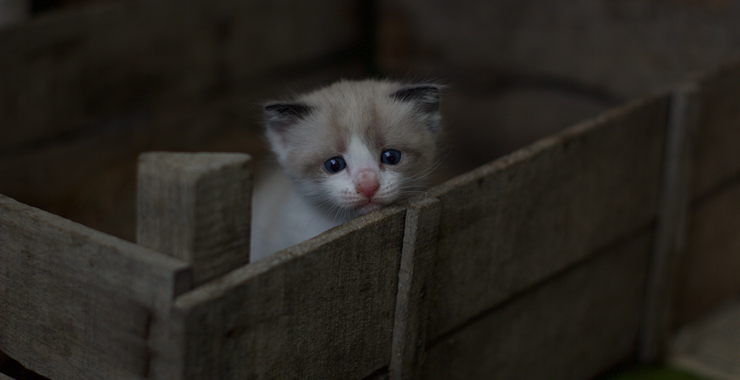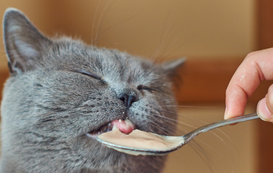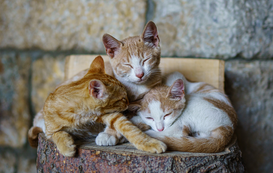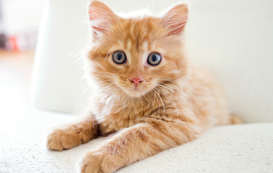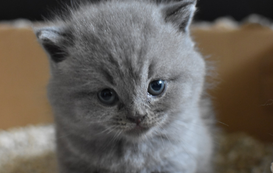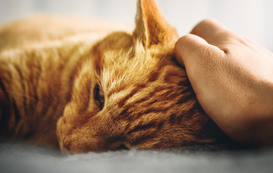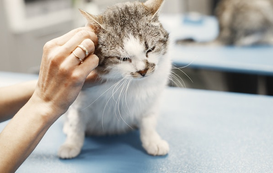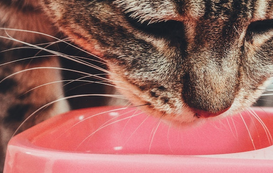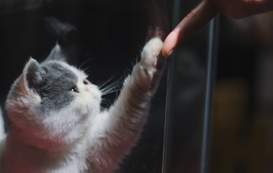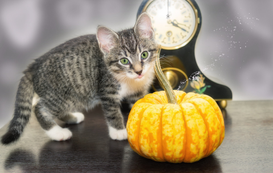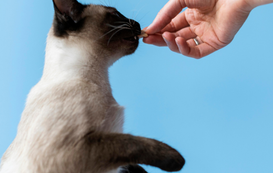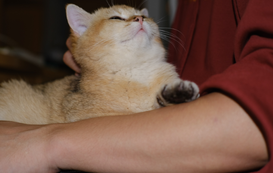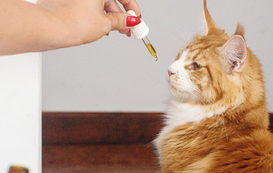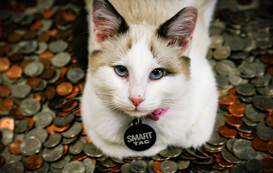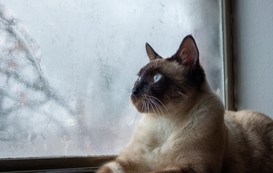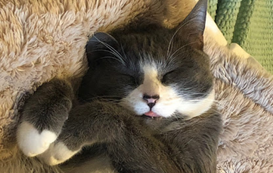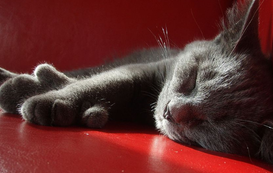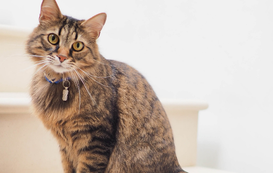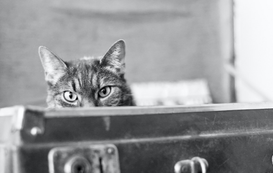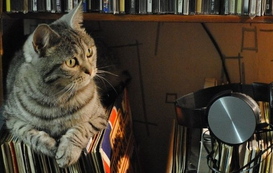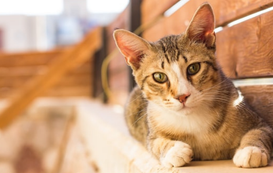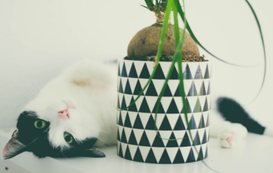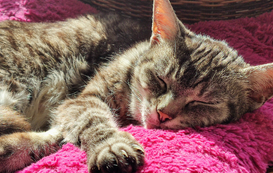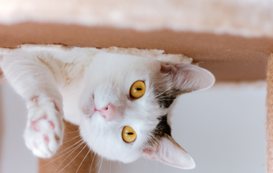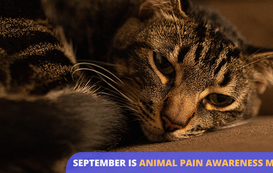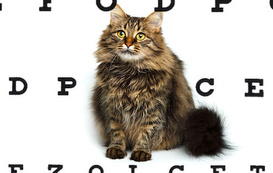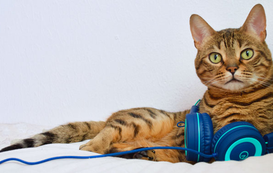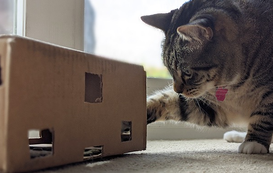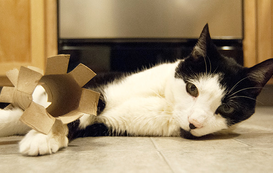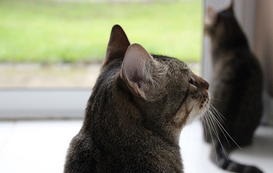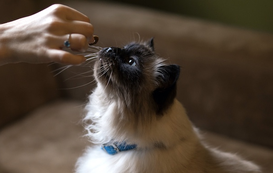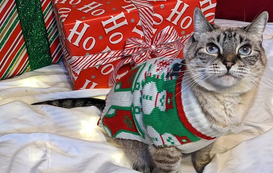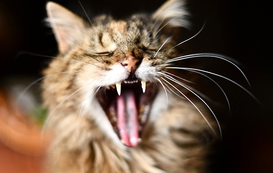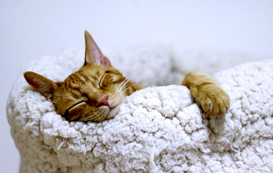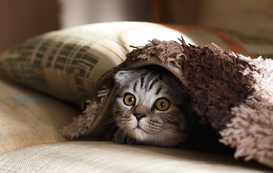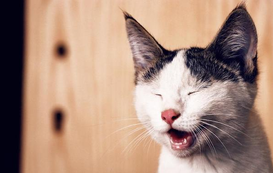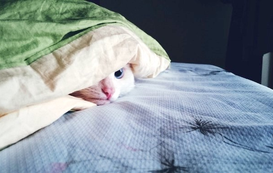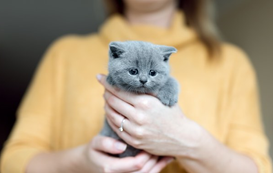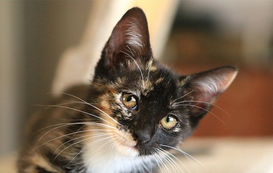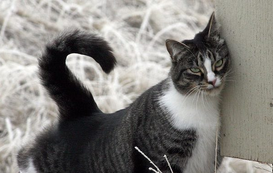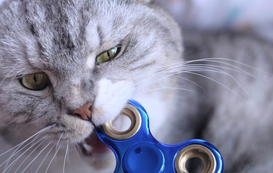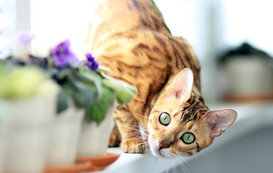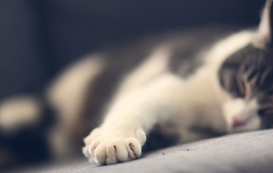Did you know that your feline friend's bathroom habits may leave behind subtle clues to valuable insights into their overall health? As responsible pet owners, it's essential to pay attention to your cat's litter box routines, as any changes may indicate an underlying health issue. Let's take a look at what your cat's bathroom habits can tell you about their health. As always, consult with your veterinarian if you have any concerns about your cat's health.
Consistency and Frequency
Regular and consistent litter box usage is an excellent sign of a healthy cat. Cats tend to have a routine when it comes to their bathroom habits, and any sudden changes in frequency or consistency could be a potential red flag. According to the American Society for the Prevention of Cruelty to Animals (ASPCA), cats should urinate at least once a day, and they typically pass stool once or twice a day.1 If you notice a significant decrease or increase in bathroom visits, it's important to monitor your cat closely and seek veterinary advice if the change persists.
Urination Patterns and Volume
Monitoring your cat's urination patterns and volume can provide valuable information about their kidney and urinary tract health. If your cat is frequently visiting the litter box with little to no output, it could indicate a urinary tract infection or blockage. On the other hand, excessive urination, along with increased water consumption, may point to conditions such as diabetes or kidney disease. Any noticeable changes in your cat's urination patterns should be discussed with your veterinarian promptly.
Quality of Stool
A cat's stool can provide crucial insights into their digestive health. The appearance, color, and consistency of their feces can indicate various underlying conditions. Firm, well-formed stools are typically a sign of a healthy digestive system. Loose, watery stools may indicate dietary issues, stress, or gastrointestinal infections. Additionally, blood in the stool should never be ignored, as it could be a sign of parasites, inflammation, or other serious conditions. Regular monitoring and quick action can help ensure your cat's gastrointestinal health.
Odor and Changes in Odor
While no cat's litter box is expected to smell pleasant, it's essential to pay attention to any significant changes in odor. A sudden increase in foul-smelling urine or stools may be a sign of an underlying infection or gastrointestinal problem. Similarly, a strong ammonia smell in the litter box could indicate concentrated urine, which may be associated with dehydration or kidney-related issues. Any notable changes in odor should be brought to the attention of your veterinarian.
Straining or Difficulty Eliminating
Observing your cat's behavior in the litter box can provide insights into their comfort level and the ease with which they eliminate waste. If you notice your cat straining, crying, or displaying signs of discomfort while using the litter box, it could be indicative of urinary tract issues, constipation, or blockages. Difficulty eliminating waste should be addressed promptly to prevent potential complications.
In Summary
As pet owners, it is our responsibility to be vigilant and proactive when it comes to our cats' health. By paying close attention to their bathroom habits, we can detect potential health issues early and seek veterinary care accordingly. Remember, sudden or persistent changes in your cat's litter box routines should never be ignored. Regular veterinary check-ups, proper diet, hydration, and a clean litter box environment are essential for maintaining your cat's overall health and well-being.
Worried about your cat's health while you're out of town? Inform your sitter of your concerns during a meet and greet. Many sitters are happy to keep an eye on your cat's bathroom habits and send updates during their visits.
Additional litter box resources:
Litter Box Basics for New Cat Parents
6 Ways to Stop Litter Box Issues
- American Society for the Prevention of Cruelty to Animals (ASPCA) - "Urinary Blockage in Cats." URL: aspca.org
Ready to find the purrfect sitter for your feline friend? Find a cat sitter on Meowtel today!

